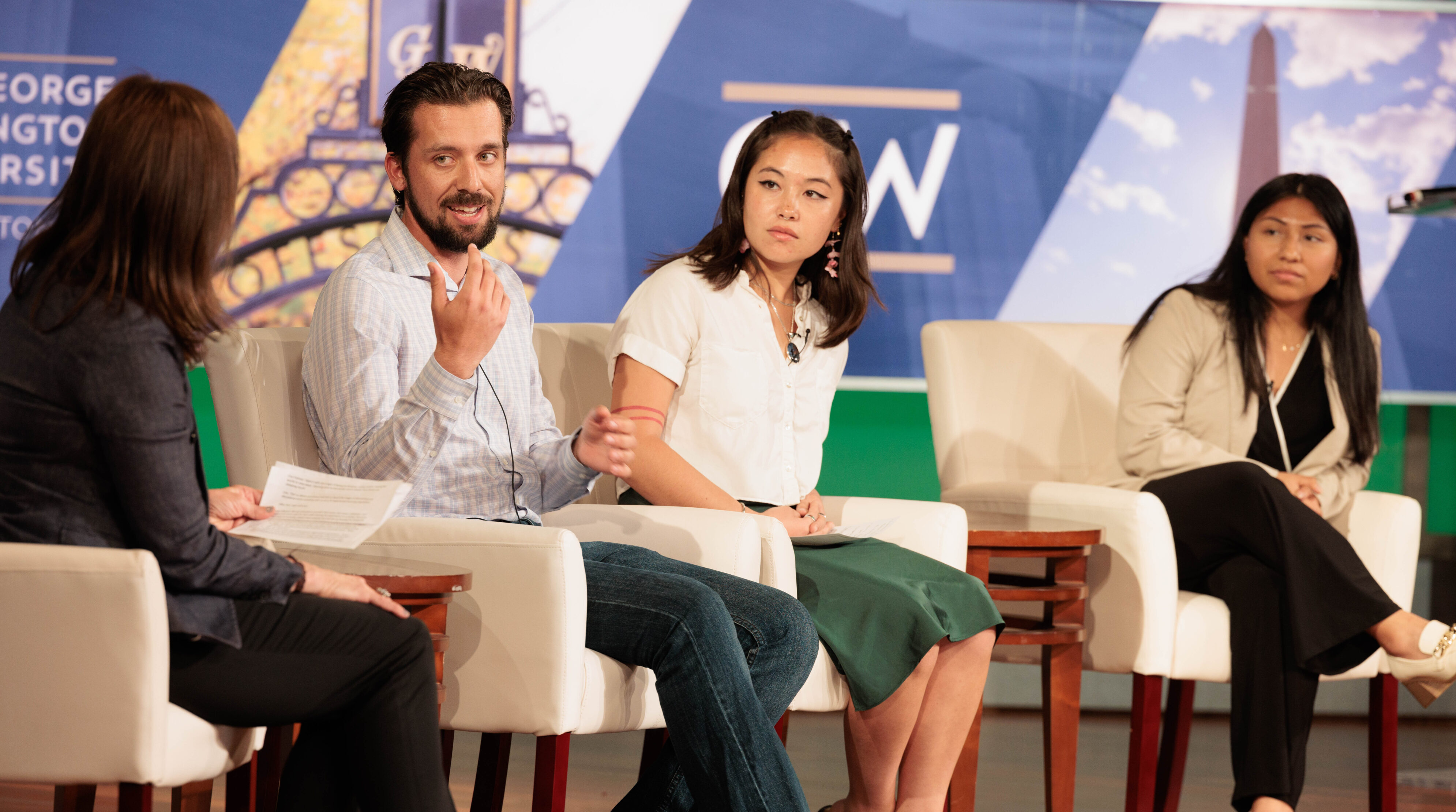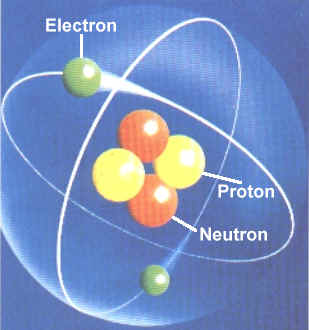Don Briddell
Planet Forward Contributor
Contributor
Since junior high school the idea of understanding how the universe is structured has been a dominating theme in my life. In college I discovered the work of Buckminster Fuller, Kenneth Snelson, and Bill Katavolus. These people were spearheading the search for causative principles by the study of structure. Intuitively, I sensed this approach had a reality to it that could possibly do what quantum physics had abandoned, that is find determinacy at fundamental scales of structure. Quantum physics obeying the Copenhagen Interpretation dismissed determinacy and in its place established the Uncertainty Principle which when you look at it, says it is not possible to know determinative structure below the molecular scale. Structuralism, while acknowledge the accuracy of probability theory, never the less felt there was a inherent determinative structural system at work and this I set about to research. This avenue of thinking has lead to the realization that nature is organized as a fractal hierarchy and hence nature is scalable. It should be possible to build a form of structure natural at one scale in another (higher) scale. The organizing principles are the same. What is possible at the atomic scale requires from one to ninety two electrons. To replicate the atomic structure of hydrogen at our scale some nine powers larger, requires the contribution of not one electron, but a billion electrons. The trick, the proprietary trick if you will, is how do you reform the energy of a billion electrons to produce a nucleon where 99.96% of that energy will be stored? I believe I know how this can be done and have a proof of concept experiment that if successful would confirm this hypothesis.














